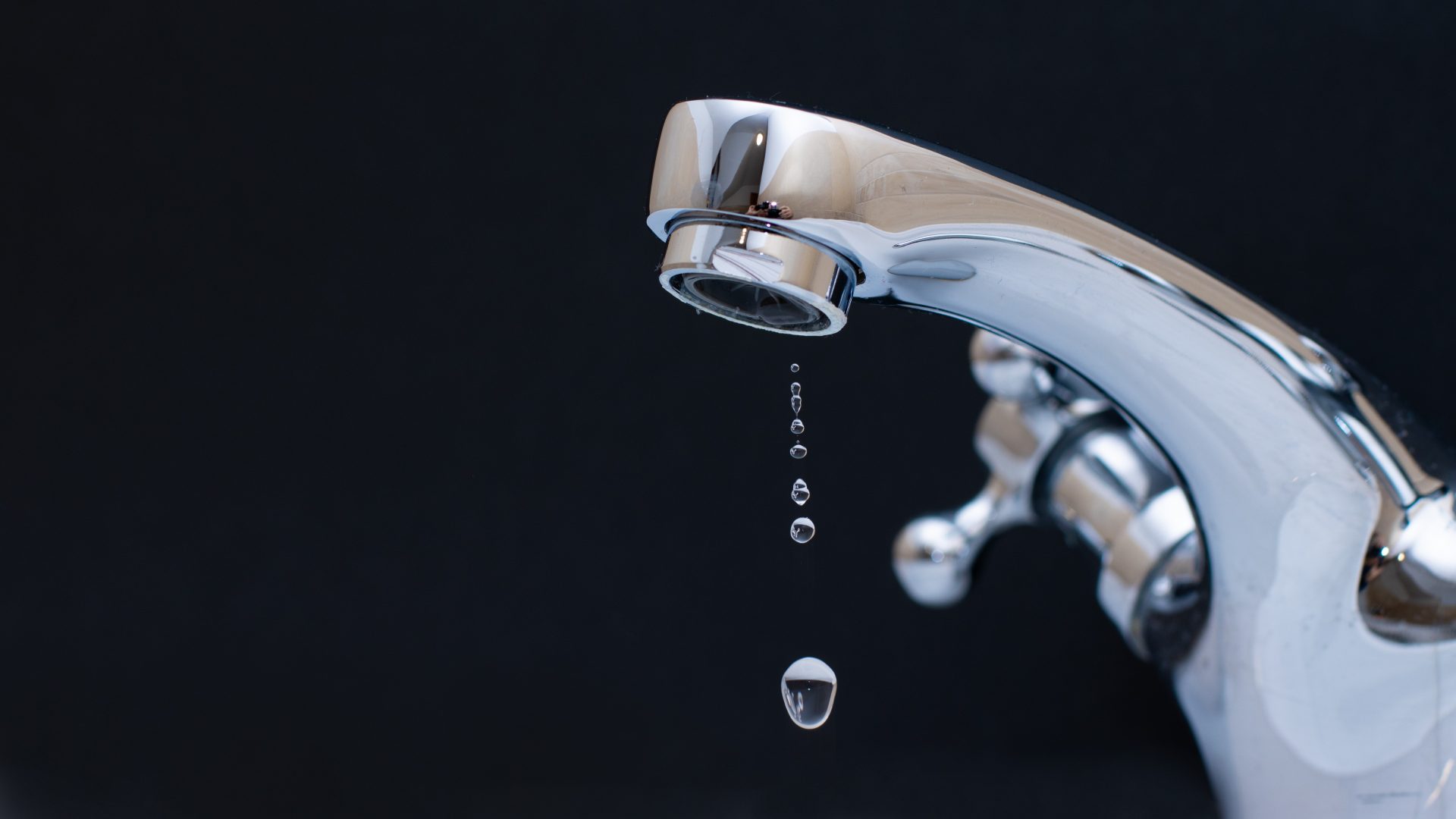Almost a fifth (19%) of water supplies are lost by water companies before reaching customers’ taps, a new report from the Environment Agency has found.
The new report published on Monday 7 October, assesses water companies’ annual performance data against their Water Resources Management Plans (WRMPs), which include steps to reduce leakage, install meters and develop new additional supplies. The report highlights some progress has been made, but it also reveals areas of significant under-delivery, meaning improvements are needed in order to manage water resources efficiently and sustainably.
As part of the Environment Agency’s drive to be a more transparent regulator, this year’s report has been made public to shine a light on this issue, and to call for urgent and sustained action by water companies to implement these plans. By 2050, in order to support a growing population, the economy, food production and protect the environment, an additional 5 billion litres of water will be needed every day.
The Environment Agency requires water companies to produce plans to ensure secure and sustainable water supplies, which has driven the industry to set out ambitious new plans for the future. If implemented fully, these plans would lead to improved resilience against extreme drought, protect the environment and support the wider economy.
Key findings of the report include:
- Leakage: Despite a commitment by the water industry to halve leakage by 2050 and a reduction in leakage by 10% from 2017-2018 levels, it remains too high with 19% of water supplies still being lost before reaching consumers. The report breaks down water loss data by water company, with Thames Water and United Utilities identified as the worst performers for leakage per person. The industry must deliver a sustained reduction in leakage, particularly in the face of climate change, when extreme temperatures will make pipes more prone to bursts.
- Drought preparedness: While a year of wet weather meant there were no drought issues in 2023/24, some water companies still would not have sufficient water supply in some areas in the event of a drought. As extreme weather becomes more frequent, urgent action is needed to deliver new supply schemes and ensure they are ready for severe droughts.
- Demand reduction: The Environment Act set a target to reduce water use in England by 20% per head of population by 2037-38 from 2019-2020 levels. As of this year, there has been a 3.6% reduction. Metering plays a key role in influencing consumer behaviour and reducing household water use. Currently, water meters have been installed in approximately 60% of households.
Alan Lovell, Chair of the Environment Agency, said:

“In the face of the enormous challenges on water resources, we have to tackle both sides of the equation – reducing demand and increasing supply. While we’ve seen some progress by companies, it’s clear that more planning, resources and investment are needed, particularly on leakage.
“We expect water companies to accelerate their plans to increase water efficiency, reduce leakage and prepare for future droughts. We will continue to work closely with Ofwat and Defra to hold water companies accountable and ensure they deliver on their commitments to protect our environment and secure our water supply for future generations.”
Water Minister Emma Hardy said:

“This report is a damning indictment of the sheer volume of water that is wasted by water companies across England.
“As the climate crisis worsens and more pressure is placed on our water systems, we must fix our broken water infrastructure to ensure we have a resilient future water supply.
“We have taken immediate action to reset the water industry including introducing our new Water (Special Measures) Bill to strengthen regulation and give the water regulators sweeping new powers to hold companies accountable. We are also putting customers at the heart of our approach by doubling compensation when supplies are disrupted.”
Water company performance on matters such as leakage and drought preparedness and their wider delivery against water resources aspects of their business plans is one of areas considered in Ofwat’s annual Performance Reports. In the event that a company has not delivered against these plans they are asked to return money to customers through bill reductions.
The Environment Agency and Ofwat are urging water companies to focus attention and resources to improve the resilience of their water supply. The Environment Agency and Ofwat will be issuing letters to several water companies expressing concerns over their management of water supplies. These letters will be published on Ofwat’s website.



